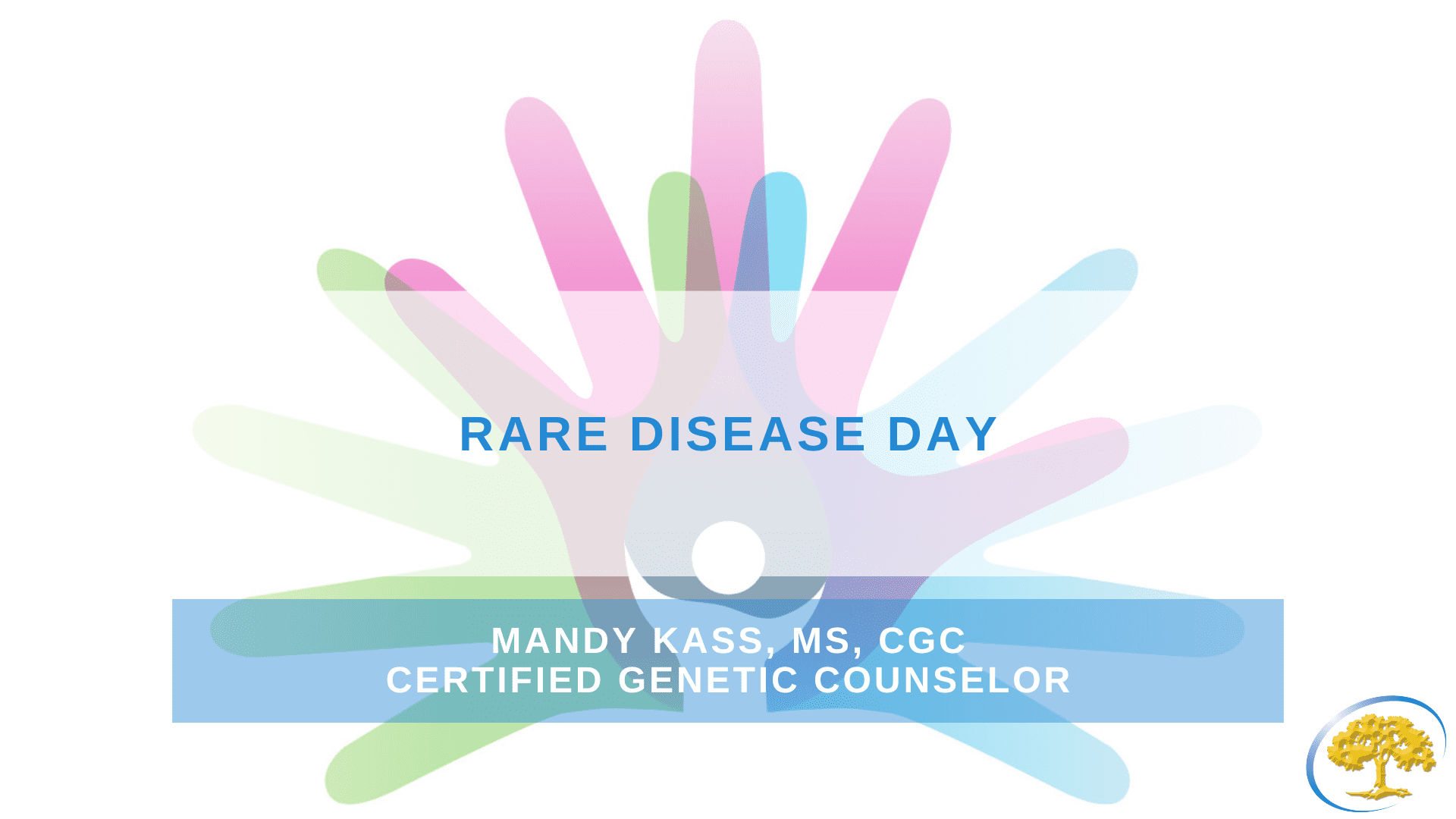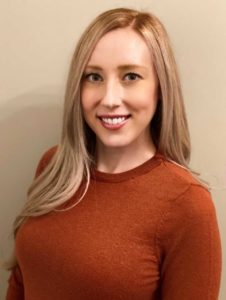
Posted 2 months ago
Rare Disease Day

Inherited cancer predispositions occur when an individual is born with a harmful mutation (variation) in a gene whose job is to protect them from cancer or tumor development. When this happens, that individual will have a higher risk to develop certain types of cancer in their lifetime. There are many genes that are known to be associated with inherited cancer predisposition, some rarer than others. Several of which are described below.
Li-Fraumeni Syndrome (LFS):
LFS is a rare genetic condition characterized by multiple, usually early onset, cancers. The most common cancers in LFS include breast cancer, central nervous system cancer, sarcoma (soft tissue and bone cancers), and adrenocortical carcinoma. These cancers typically occur at younger ages than usual and individuals with LFS may develop multiple primary cancers in their lifetime. Harmful mutations in the TP53 gene cause LFS and are oftentimes passed through the generations of a family.
Gorlin Syndrome:
Gorlin syndrome (also known as Nevoid Basal Cell Carcinoma Syndrome) is a genetic condition that causes abnormal growth in various parts of the body. Individuals with Gorlin syndrome have an increased risk for developing skin cancer, benign cysts on the skin and jaw, and sometimes childhood brain cancer. Physical characteristics associated with Gorlin syndrome include a large head size, prominent forehead, skeletal abnormalities, and small indentations on the palms of the hands and soles of the feet (palmar/plantar pitting). Gorlin syndrome is due to a mutation in the PTCH1 or SUFU gene and is oftentimes inherited from a parent. However, about 25% of the time, an individual with Gorlin syndrome is the first person in the family to have the condition.
Constitutional Mismatch Repair Deficiency (CMMRD):
Constitutional Mismatch Repair Deficiency, or CMMRD, is a rare condition that is caused by inheriting two mutations (one from each parent) in any of the following genes: MLH1, MSH2, MSH6, PMS2, EPCAM. The genes that cause CMMRD also cause a condition called Lynch syndrome in individuals who only inherit one mutation. Individuals with CMMRD are at risk to develop cancers/tumors during childhood, with the most common being colorectal cancer, brain tumors, and hematologic (blood) cancers. Most individuals will have café-au-lait macules (light to dark brown spots on the skin, commonly called birthmarks).
Rare diseases affect millions of people worldwide and can be found in every area of medicine. Rare Disease Day not only improves knowledge amongst the public of rare diseases but also encourages researchers and policymakers alike to address the needs of those living with a rare disease. Genetic testing can play a central role in shortening the diagnostic odyssey that patients and their families experience when faced with a rare disease. If you have questions about a possible inherited cancer syndrome in you and/or your family, please talk to your Ironwood provider about a referral to Ironwood’s Genetic Services Department.
Mandy Kass, MS, CGC
As a certified oncology genetic counselor, Mandy works with patients who have a personal and/or family history of cancer to assess their risk of having an inherited cancer predisposition. This information allows for the pursuit of early detection or possibly prevention of certain cancer types.
The ultimate goal of cancer genetic counseling is to empower patients to use their personal risk information to better inform treatment and management decisions and to educate family members on their possible cancer risks.
Mandy obtained her Bachelor of Science degree in Psychology from Arizona State University in 2013. She then went on to pursue her Master’s Degree in Human Genetics from Sarah Lawrence College and graduated in 2016. Her training in genetic counseling included clinical rotations at several locations throughout New York City, including Columbia University Medical Center, Mount Sinai Beth Israel, and Bellevue Hospital.
About Ironwood Cancer & Research Centers
Ironwood Cancer & Research Centers (ICRC) is the largest multi-specialty oncology network in the Greater Metro Phoenix area. They have over 100 medical providers, a robust Integrative Services program, and a dedicated clinical research department. Ironwood Cancer & Research Centers has 15 valley locations and five comprehensive cancer care centers that offer a multi-disciplinary approach for expedited personalized patient care. For more information, please visit www.ironwoodcrc.com.

